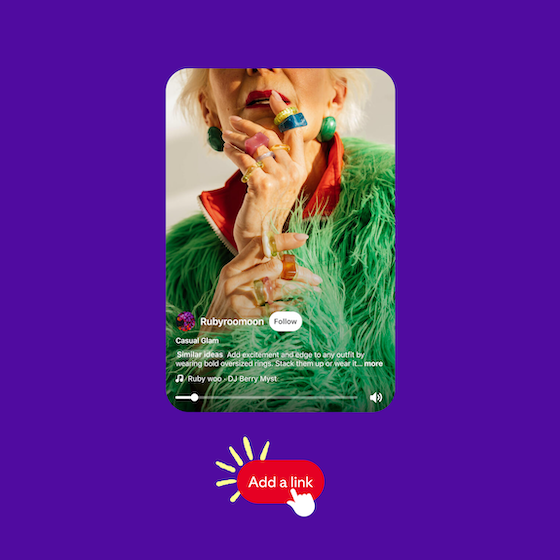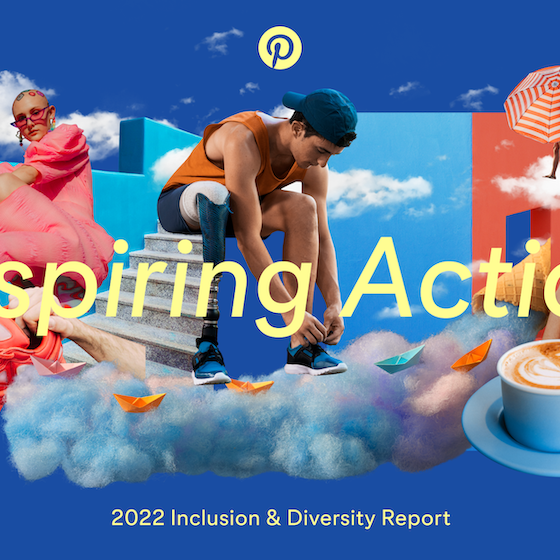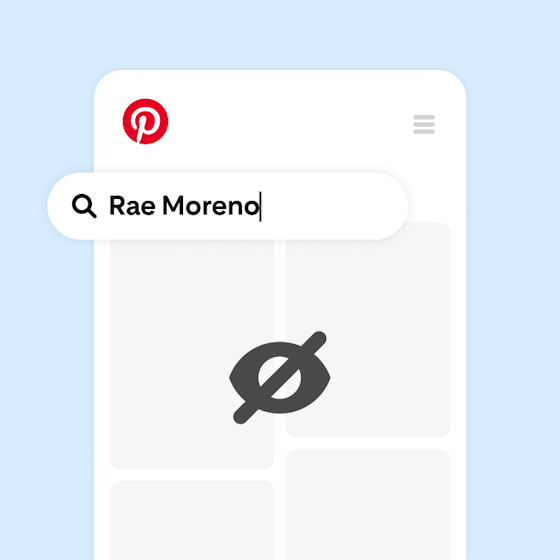Pinterest embraces body neutrality and acceptance with new ad policy
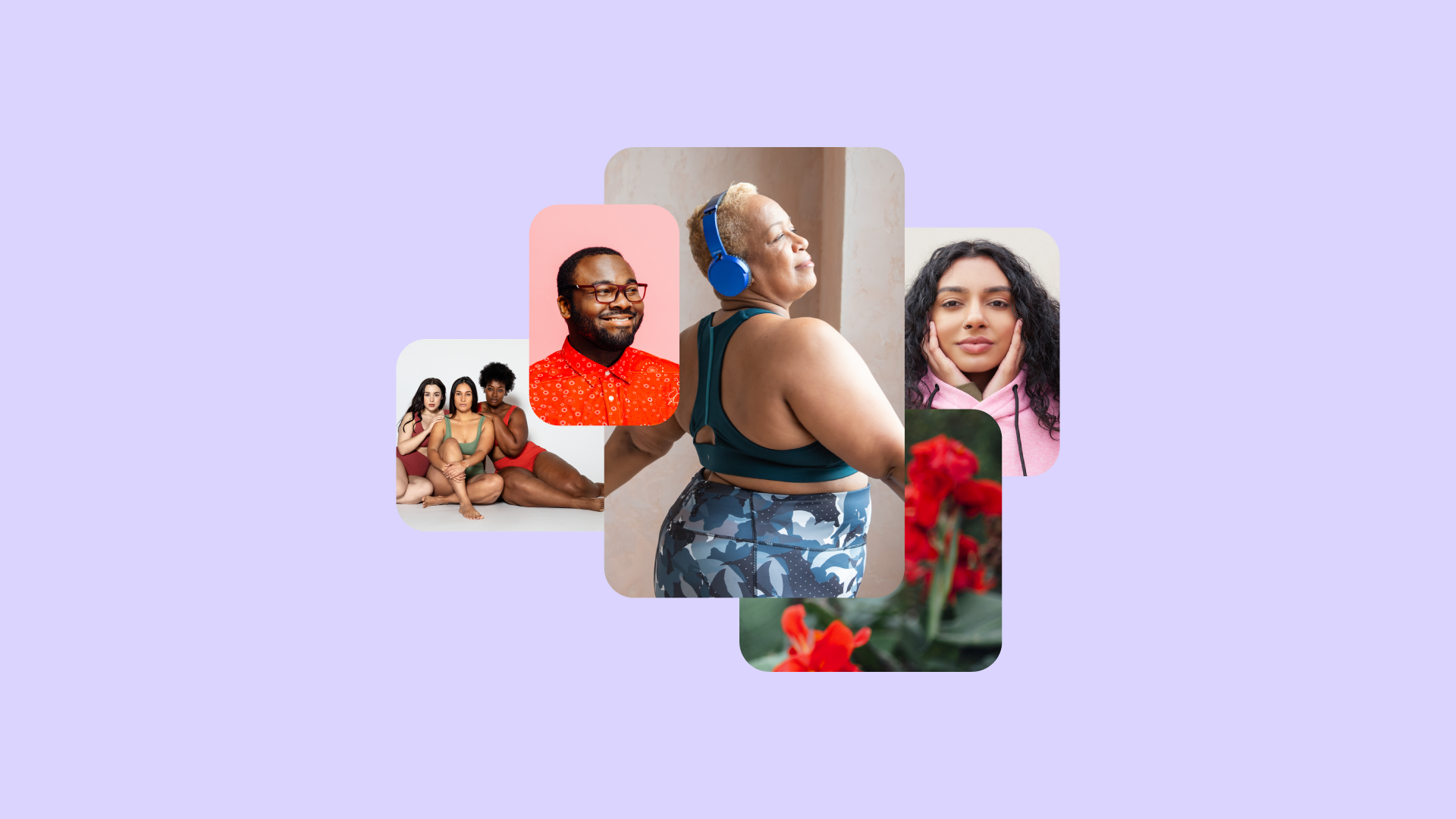
Across the country, people of all ages are facing challenges related to body image and mental health, particularly as we emerge from the COVID-19 pandemic and kick-off the summer season. According to the US National Eating Disorders Association (NEDA), there’s been a steep rise in unhealthy eating habits and eating disorders in young people since the COVID-19 pandemic started last year1,2. Many are now feeling added pressure as they look to rejoin their social circles in person for the first time in 15 months.
Pinterest is the place people come for inspiration to create life they love. It’s where everyone belongs—regardless of body shape or size. We're empowering Pinners to plan for a summer and beyond without weight loss ads, so they can focus on what matters most. Beginning July 1st, 2021, we’re updating our ad policies to prohibit all ads with weight loss language and imagery.
This stance makes Pinterest the only major platform to prohibit all weight loss ads. It’s an expansion of our ad policies that have long prohibited body shaming and dangerous weight loss products or claims. We encourage others in the industry to do the same and acknowledge, once and for all, that there's no such thing as one-size-fits-all.
Our updated policy will now prohibit:
- Any weight loss language or imagery;
- Any testimonials regarding weight loss or weight loss products;
- Any language or imagery that idealizes or denigrates certain body types;
- Referencing Body Mass Index (BMI) or similar indexes; and
- Any products that claim weight loss through something worn or applied to the skin
This is in addition to ad content that is already barred from Pinterest, including:
- Weight loss or appetite suppressant pills, supplements, or other products;
- Before-and-after weight-loss imagery;
- Weight loss procedures like liposuction or fat burning;
- Body shaming, such as imagery or language that mocks or discredits certain body types or appearances; and
- Claims regarding unrealistic cosmetic results
Ads promoting healthy lifestyles and habits or fitness services and products will still be allowed, as long as they don’t focus on weight loss. This policy change was developed with the guidance and advice of the US National Eating Disorders Association (NEDA).
“The National Eating Disorders Association (NEDA) applauds Pinterest for taking a leadership position as the first platform to prohibit all ads with weight-loss language and imagery. NEDA is encouraged by this necessary step in prioritizing the mental health and well-being of Pinners, especially those impacted by diet culture, body shaming, and eating disorders. We are hopeful this global policy will encourage other organizations and companies to reflect on potentially harmful ad messages and to establish their own working policies that will create meaningful change," said Elizabeth Thompson, Interim CEO for the US National Eating Disorders Association.
_0.png)
Body acceptance is the new trend
On the platform, Pinners are searching for “body neutrality,” an emerging search trend from the wellness movement, and are discovering radical self-acceptance. Pinners are searching for “healthy mindset quotes” 13x more, and both “body neutrality” and “stop body shaming quotes” are up 5x since last year. Also searches for body acceptance quotes are up 7x and “self-love illustration art” has increased 63x3.
Pinterest creators continue to represent positive themes like body neutrality and acceptance, and we’ll be featuring Idea Pins from creators around the world on the Today Tab throughout the week to showcase those reimagining the relationship with their bodies.
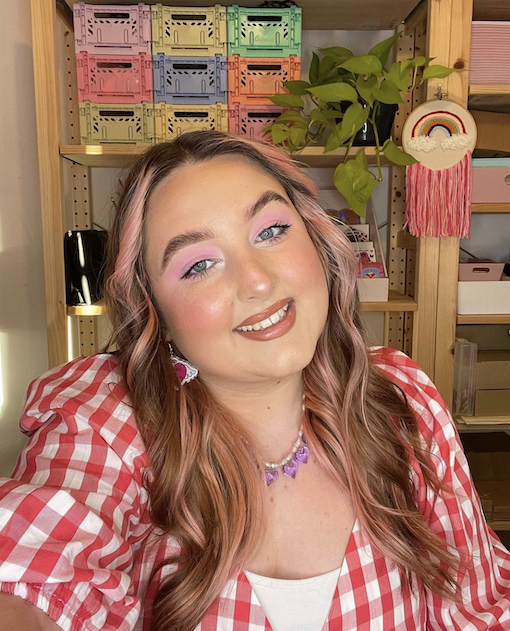
Creator and body positivity advocate, Meg Garrod has said “I am so relieved that Pinterest is continuing to combat negativity by banning weight loss ads, as someone who has gone through dieting in their childhood and now sees how toxic diet culture is. This next step will create an even safer environment where all bodies can simply exist without being shamed”.
Keeping Pinterest safe and inspiring
This is just the latest update as we work to build a more inspired internet. As our community of Pinners grows, so do searches for topics like healthy eating, healthy lifestyle and fitness tips. We’ll continue providing useful and relevant content for those searching for it while prohibiting content that displays, rationalizes or encourages eating disorders and other types of self-injury. For example, whenever Pinners search for keywords related to eating disorders, we block search results and direct them to expert organizations, like NEDA (US), so they can find additional resources. Pinterest also offers a variety of emotional well-being activities developed by emotional health experts, accessible directly within our mobile app and website. Pinners can simply search for “#pinterestwellbeing” to explore gratitude and self-compassion exercises, along with other interactive practices that can help improve their mood.
To fulfill our mission, we’re committed to not only serve inspiring content but also take steps that push the industry forward. Doing this is important to us as a company, for our Pinners and for the brands that use our platform.
1 The National Eating Disorder Association (NEDA) has experienced an increase in activity on its helpline since the start of the pandemic in March 2020.
2 Cynthia M. Bulik, PhD, “The Early Impact of COVID-19 on People with Eating Disorders,” UNC Exchanges, June 1, 2020, https://uncexchanges.org/2020/06/01/the-early-impact-of-covid-19-on-people-with-eating-disorders/
3 Trends are calculated by comparing normalized searches in May ‘21 to May ‘20; global.
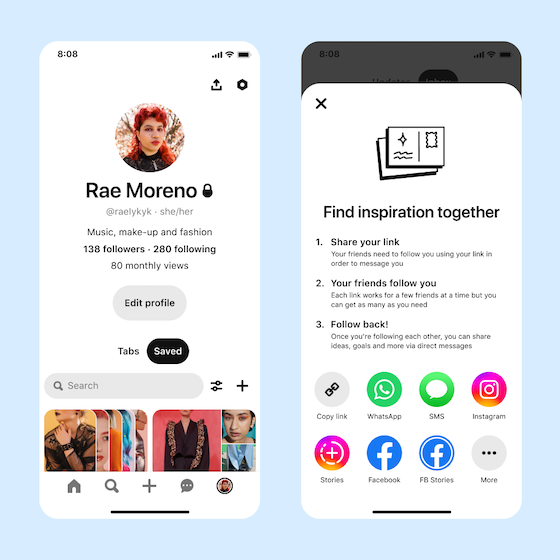
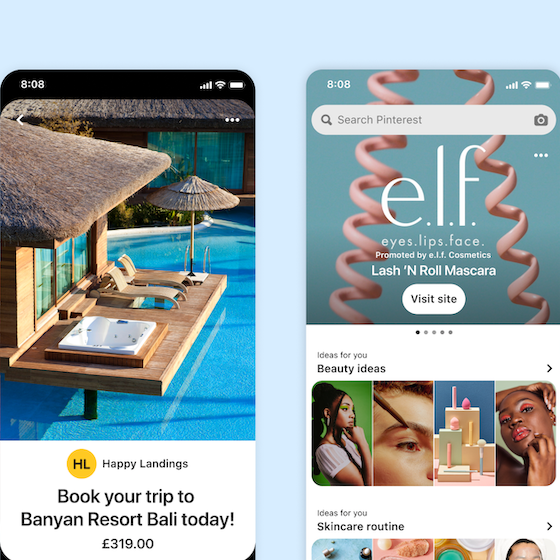

_0.png?crop=center%2Ccenter&fit=min&h=560&ixlib=php-3.3.1&w=560&s=78cfdbf0a1cda734b885a8d10a09a5ae)
